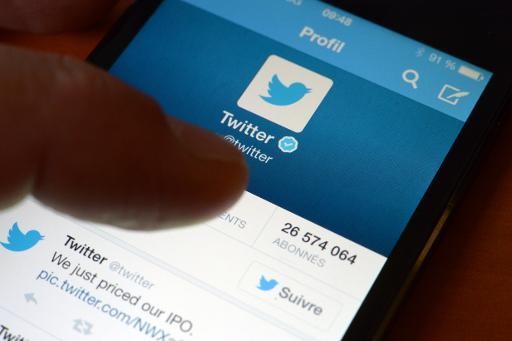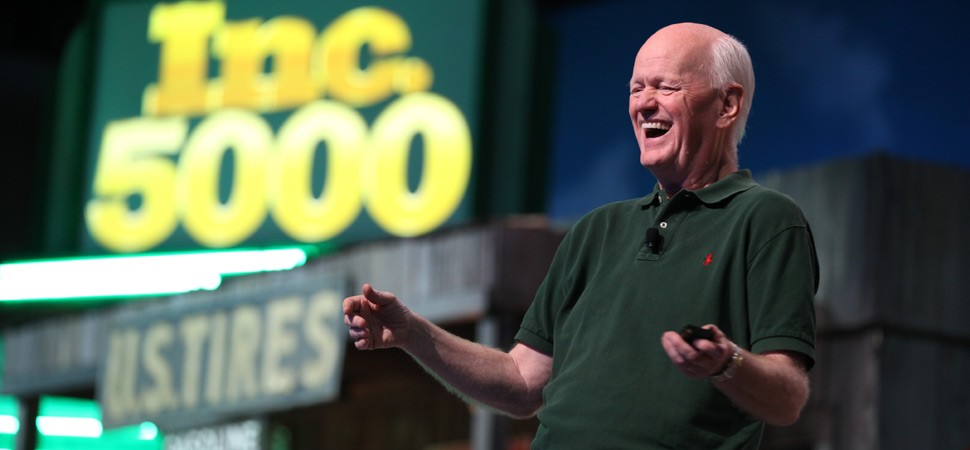Alibaba s Goal Supplant eBay Amazon and Paypal (BABA EBAY AMZN FB)
Post on: 8 Апрель, 2015 No Comment

Within hours of its initial public offering on Sept. 19, 2014, Alibaba (BABA ) grew bigger than Wal-Mart Stores Inc. (WMT ), building a market capitalization of a quarter-trillion dollars. At this rate, by the end of the year Alibaba will be worth more than the gross world product and those of several mineral-rich asteroids. (For related reading, see: How Wal-Mart Makes its Money .)
A Sustainable, Profitable Business
Sarcasm aside, these accelerated debuts inevitably correct themselves, as short-term mania evolves into medium-term sobriety. Which isn’t to dismiss Alibaba as a business. It’s a very successful one, which we’ll break down momentarily. Unlike recent IPO darlings such as Groupon Inc. (GRPN ) and Zynga Inc. (ZNGA ), Alibaba has a sustainable and proven C2C business model that’s generated billions of dollars in profits.
So what is Alibaba, anyway? To use the standard explanation given to unfamiliar North Americans, its China’s answer to eBay Inc. (EBAY ), Amazon.com Inc. (AMZN ) and PayPal. Yes, all three, although Alibaba is more the first than the second and more the second than the third. The company doesn’t have a series of branded warehouses stocked with consumer goods; rather, its origins are in business-to-business sales. Via Alibaba, you can buy a 60-ton traveling portal crane from a Chinese manufacturer and pick which seaport you’d like it shipped out of. You might technically be able to do that on eBay or Amazon, but you’d have to search pretty hard to locate the sellers. Whereas on Alibaba, such transactions are front and center. (For more, see: How We’ll All Be Amazon.com Customers Eventually .)
Growth by Acquisition
One thing Alibaba does have in common with eBay and Amazon is an acquisitive bent. In recent years Alibaba has spent millions investing in or buying outright businesses such as 11 Main (a U.S.-based boutique marketplace, notable for being invite-only) and Intime Retail Group (a chain of Chinese brick-and-mortar stores). Alibaba’s organic subsidiaries include Taobao (a Chinese online clothing store), and TMall.com, which offers authentic Western brands to rich Chinese customers who are tired of wearing Jim E. Chew shoes and Bright Ling watches. (For more, see: 5 Things to Know about the Alibaba IPO .)
Not to tread into the dangerous ground of discussing national characteristics, but one of the reasons Alibaba grew to such unprecedented heights in China is that the company challenged the old wisdom that states that only one’s immediate family can be trustworthy. Contrast that with the United States, where having a reasonable certainty that most people aren’t out to dupe you is not only second nature, but necessary for building an enterprise-driven, dynamic society on a foundation of trust. Alibaba’s certification process maintains quality control among its online vendors, which reduces apprehension among skeptical customers, much in the same way that eBay’s feedback system works. (For related reading, see: Is Online Shopping Killing Brick-and-Mortar? )
Future Global Appeal?
To most North Americans, Alibaba isn’t a daily go-to site, but instead just the name of an exotic stock with growth potential. That won’t always be the case if the company’s founder and chairman has his way. Jack Ma is on record as planning to use the newfound influx of cash to finally expand his brainchild to the West. Ma sees Alibaba as eventually being a multinational on par with the other market capitalization giants, the difference being that Alibaba just happens to be headquartered in China. (For related reading, see: China’s Newest Billionaires .)

But Still China-Focused
The world’s most populous nation has its share of immense corporations — China Mobile (CHL ), Industrial and Commercial Bank of China Ltd. (IDCBY ), PetroChina Co. Ltd. (PTR ), and China Construction Bank Corp. (CICHY ), to name four of the biggest. As you can glean from their names, none of them are exactly global in scope. They derive close to 100% of their revenues domestically, and at this point, Alibaba isn’t far behind at 93%. No company can be a truly influential international player when its sole market is a country in which close to half the population is still employed in subsistence agriculture. China might have over a billion people, and be the world’s largest economy by some measure, but that’s largely a function of having so many people. The nation’s per capita income doesn’t crack the top 120 in the world, and even if it did, wealth in China is not what you’d call evenly distributed (the promises of Communism notwithstanding). (For related reading, see: China’s Booming E-commerce Market .)
Thus the push to introduce Alibaba to Europe, North America and the rest of the developed world. Ma is undaunted at how those are the very parts of the globe where eBay and Amazon already dominate. There’s precedent for his confidence: Alibaba has garnered more investor interest in the West in the past few weeks than its national rivals Tencent Holdings Ltd. (TCEHY ) and Baidu, Inc. (BIDU ) have in the last decade. (For related reading, see: Yahoo Shareholders’ Fortunes Hinge on Alibaba IPO .)
The Bottom Line
Alibaba’s is already recognized as the “greatest” initial public offering in history, outpacing even Facebook Inc.’s (FB ). Never mind that the idea of ranking IPOs is pointless. An IPO isn’t an investment opportunity to be evaluated; it’s an event. While Alibaba’s business probably won’t tank over the next few months, there’s a much greater chance that its stock price will. The lesson, as usual, is to be wary of the herd. It’s worth remembering that in most cases similar to Alibaba’s, the first set of people who get rich are the managers and other option holders. They’re followed by the ones who wait until the initial IPO heat reverts to room temperature, and who then strike. (For related reading, see: How an IPO is Valued .)














